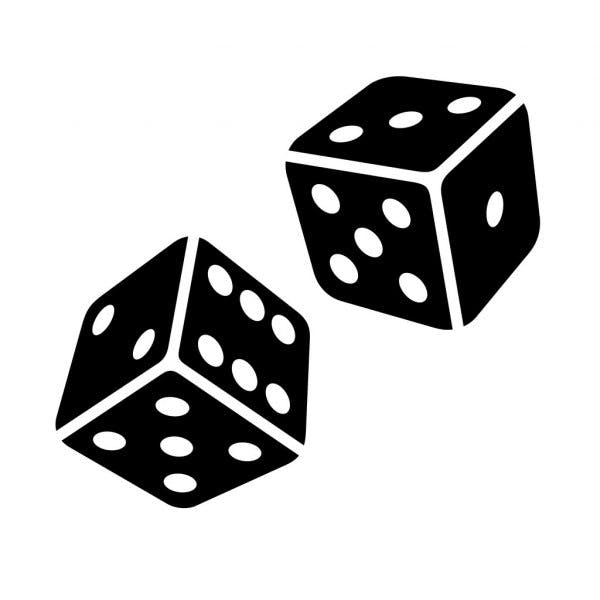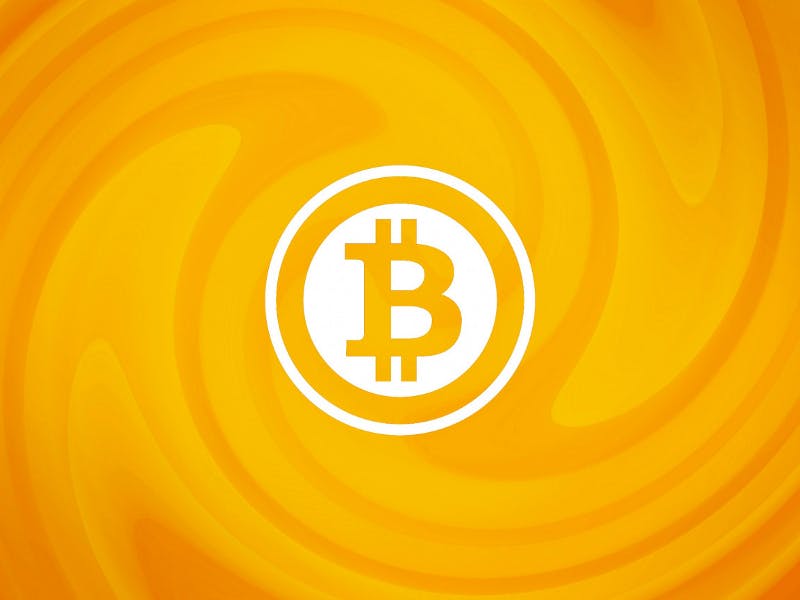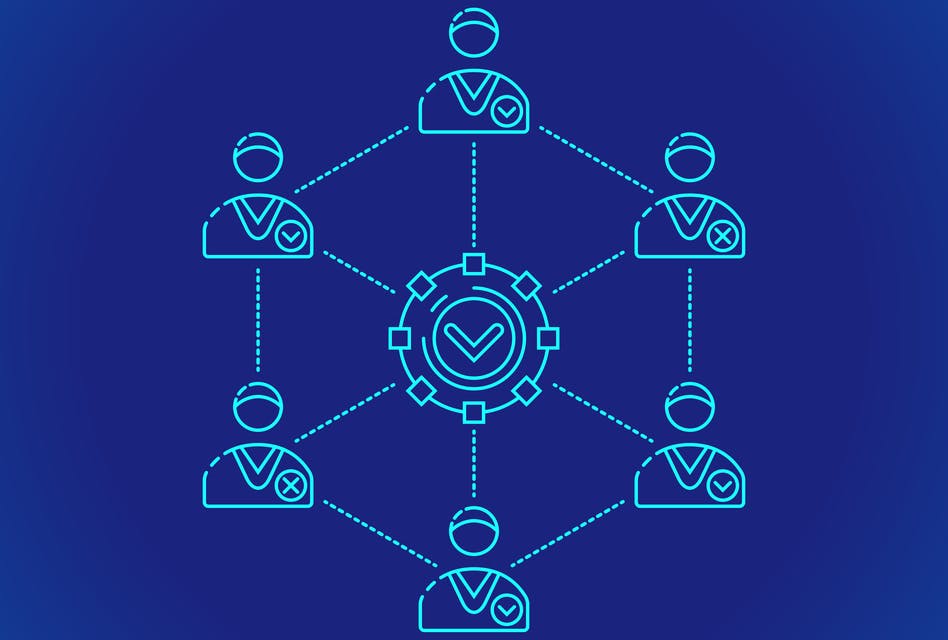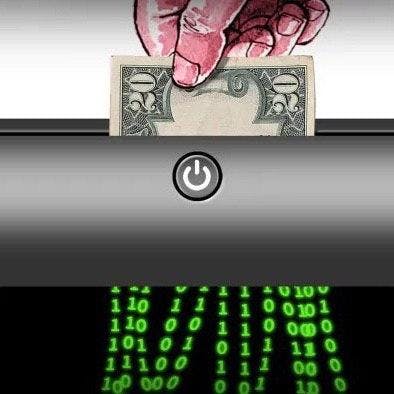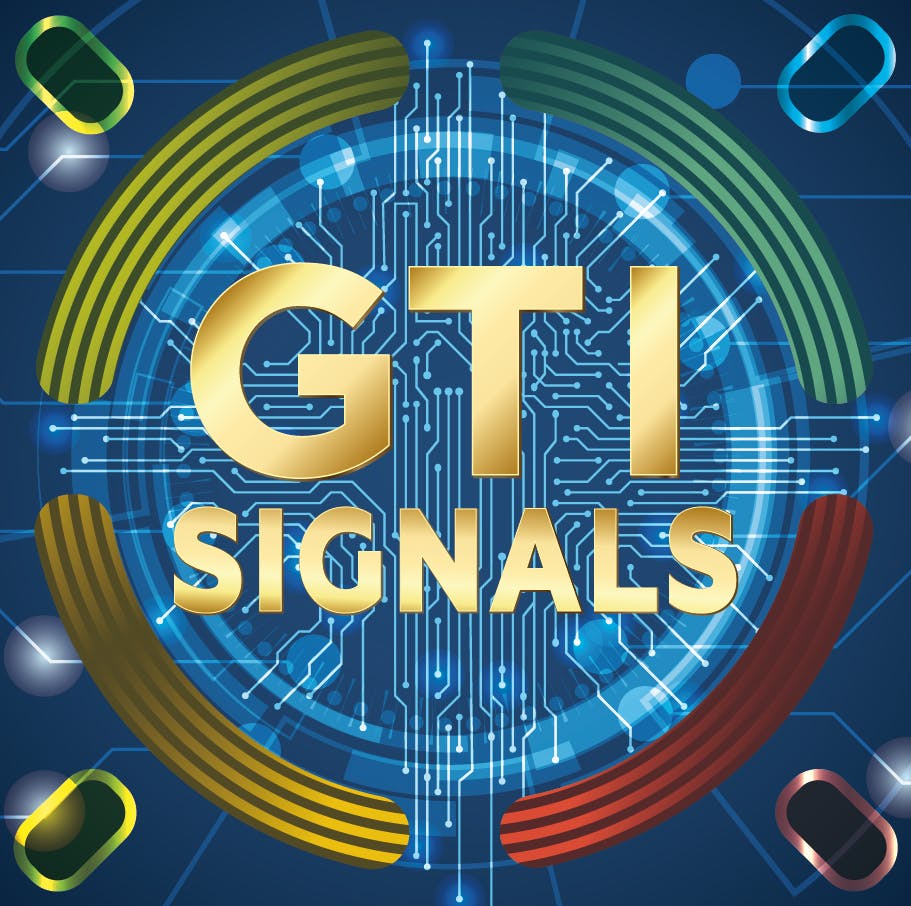
- All
- Tools
- Analytics
- Technical Analysis
- Trading
- Blockchain
- DeFi
- Guides
- Company News
- Educational
- Opinion
- Price Predictions
- Market News
- News
- Trading cases
- Practical guides
- Exchanges
- Trading signals
- Cryptocurrency
- Crypto bots
- Other
Become a crypto master
Learn everything about crypto,
trading and bots

Blockchain and Gambling
Start Trading on 3Commas Today
Get full access to all 3Commas trading tools with free trial period

The gambling industry has a turnover of over $50 billion per year. However, there are a number of problems in this industry that blockchain can help solve.
In this article, we will focus on how to use the blockchain to check the integrity of the platform and what gambling instruments already exist on the blockchain.
Gambling can be divided into several categories:
- Roulette;
- Slot machines;
- Lottery;
- Dice;
- Card games;
- Betting on events.
The use of blockchain in gambling through the example of dice
The easiest way to explain the use case for blockchain in the gambling industry is through the example of a dice game.
Dice have six sides, numbered from 1 to 6. The chance to roll each side is 1/6, or 16.6%. In an online casino, each dice roll is calculated using a pseudorandom number generator. With a large enough number of rolls, each side will fall precisely 16.6% of the total number of rolls. In traditional gambling, the player must trust the casino on the transparency of the results. With the use of blockchain, the need for trust disappears. It is enough for the player to look through the history of the rolls to understand if the casino is honest or is trying to deceive him. Everything is exactly the same with other gambling options, such as roulette or lottery.
Above is an example of a website where you can play “advanced” dice. The essence of the game is simple: a player must choose a number between 1 and 99 if your number is greater than the result, you win, if not – you lose. Depending on the selected number, the multiplier of the possible reward changes. Let’s say you chose number 51, then the chance of getting a larger number is 50%, and the multiplier is 1.97 (a casino takes 0.03 or 3% for providing the service). All results are recorded on the blockchain.
Lotteries and Slot machines
Blockchain lotteries are both tricky and fun. For example, there is a lottery where users create a shared pool of funds on a smart contract and try to guess the last digits of the hash of the next Ethereum block.
The use of blockchain in slots is practically the same as the one with the dice but has an additional bonus in the form of anonymity and security of funds withdrawals. But first things first.
Let’s see how the slot machines work. The scheme is quite simple: Casino – Oracle – Random Number Generator (RNG)
Here is a working diagram of an existing slot:
Random.org is used as a casino random event generator connected via a third party, the Oraclize service. Oraclize is a centralized oracle that connects decentralized applications on the blockchain to services that do not use the blockchain.
- Players place bets by sending funds to the smart contract wallet of the casino;
- The smart contract sends a request to Oraclize;
- Oraclize receives a number from random.org and sends it to a smart contract;
- The smart contract provides rewards to the winners.
This graph shows that all processes require 4 requests on the Ethereum blockchain. Twice, the requests are related to the movement of the ETH cryptocurrency, and the other two are necessary to generate randomness (RNG). It takes 1-2 minutes to fulfill these 4 requests and wait for confirmation.
The final results:
Benefits:
- Ethereum blockchain, with a high rate of transaction confirmations, which is required for decentralized gambling applications;
- The interval required to transmit information through Oraclize;
Drawback:
- Time to receive a number generated by random.org.
Currently, most states have strict gambling regulations. If the bank sees that your account receives funds from a gambling account, you may face complications: from being forced to explain the origin of the funds, to facing criminal prosecution.
Using cryptocurrency while gambling, helps you protect yourself from the danger of having your personal account blocked and from government harassment.
Betting on events
Betting on events is probably the most intriguing type of gambling because the excitement of making a bet can add up to watching an impressive event.
You may have already guessed that the operation principle is similar to slot machines: Betting platform – oracle – data source. There are dozens of platforms where you can bet on a scheduled event, such as Chelsea’s victory in the next game. But what if you decide to make a bet with a friend?
In this case, you can use the Augur platform. There are two main actions available on this platform:
- Creating markets
- Trading the stocks of an event
For example, you decided to bet your friend on how many humans will visit Mars by 2060. To create a market on Augur, you need to input possible answers, and then users who want to join the bet will buy shares of this event, and you will receive a certain percentage.
After the event occurs, you will need to record its outcome to distribute the reward. For this, the REP token is used.
You have 27 days to send a message stating the outcome of the event, and if your opinion coincides with the majority of the players who announced the outcome in their turn, you will receive your REP tokens back, together with a part of the message fees.
The more REP you set when sending a message about the outcome of the event, the greater share of the fee you will earn.
In addition, an appointed person may report the outcome of the event: the market creator delegates the obligation to do so within three days after the market closes. The remaining participants have additional three days to challenge the message of the designated “referee.” If there are no objections, the market moves to the next reporting round, bypassing the usual 27-day waiting period. To challenge the declared outcome of an event, you need to place a bet in REP, and if you win the dispute, you will get your bet back.
What is the state of the decentralized gambling market right now?
According to Dappradar on June 26th, 2020, the total daily volume of the 5 largest gambling applications exceeded $7 million. Top 10 consists of 5 EOS applications, while 3 are based on Tron, and 2 are based on Ethereum. It is also worth noting that gambling-related transactions account for over 50% of the total number of transactions in the EOS and Tron blockchains.
Gambling is mentioned in Greek mythology and the writings of ancient Rome. Today, after thousands of years, this type of entertainment is still popular and brings substantial income to the organizers. Despite the high level of fraud associated with this industry, people are still attracted to gambling. In the modern world of technology and information, gambling is undergoing significant changes. Thanks to blockchain technology, it may become more widespread due to increased transparency and, as a result, legitimisation.

A proven leader, successful at establishing operational excellence and building high-performance teams with a sharp focus on value creation and customer success.
